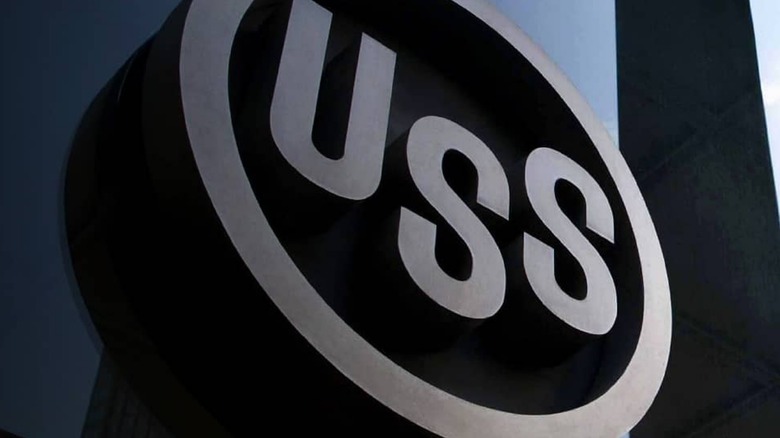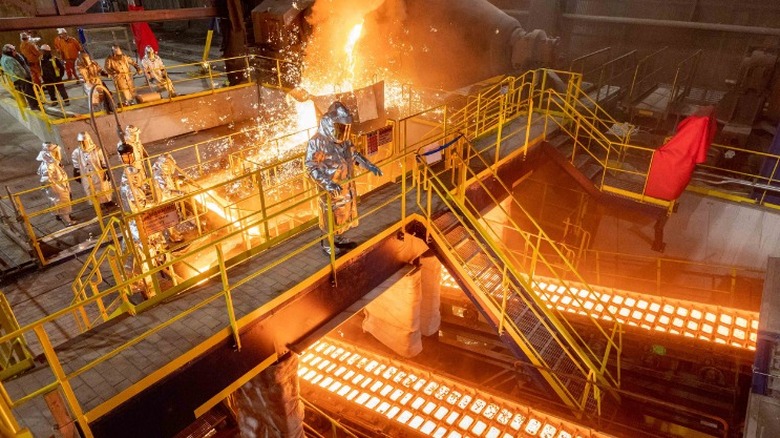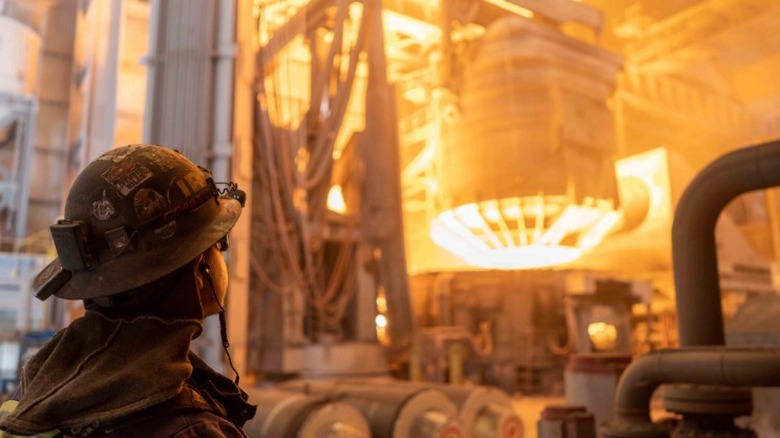US Steel Is No Longer An American Company: Does That Mean New Cars Will Cost More?
The Japanese company Nippon Steel has just announced that it has finalized a deal to buy 100% of U.S. Steel. This has historically been a fundamentally American institution since it was first founded by Andrew Carnegie, J.P. Morgan, Charles Schwab, and Elbert H. Gary. U.S. Steel's product has been used in the construction of the San Francisco-Oakland Bay Bridge, the New Orleans Super Dome, the U.N. Building in New York, and dozens of other major constructions across the United States, but it's also constantly maintained a position as one of the biggest steel suppliers for the U.S. automotive industry.
This sale has sparked concerns among American consumers, particularly about whether U.S. Steel's products will now be subject to President Trump's tariffs on imported goods and how the sale will ultimately affect auto prices. Dozens of car brands are already looking at price hikes following these tariffs, after all.
The market is complicated, and no one can say for certain what will happen in the future. However, there is reason to believe that Nippon's purchase of U.S. Steel will not directly affect the price of new vehicles, especially those cars that are still made in America.
Nippon Steel's ownership shouldn't trigger tariffs
President Trump issued an executive order on June 13, 2025, that cleared the way for Nippon Steel to make this acquisition. The executive order reversed former President Joe Biden's January 3 decision to block the merger due to supply chain security concerns and opposition from the United Steelworkers union. Then, on May 30, Trump announced at a rally held at U.S. Steel that there would be 50% tariffs going forward on all steel imports. "We're going to bring it from 25% to 50%, the tariffs on steel into the United States of America," he said (via CNBC).
However, it doesn't appear that this will directly impact U.S. Steel's prices, even under Nippon Steel's ownership. Trump has stated that Nippon Steel has committed to keeping U.S. Steel's production facilities open and fully operational for at least a decade. U.S. Steel owns one manufacturing facility in Slovakia, but all of its other 23 facilities are firmly situated on U.S. soil, meaning that the steel itself won't be imported, and thus, won't be subject to the tariffs. The company being owned by a foreign business doesn't matter in this situation.
Will new cars cost more?
The question of whether cars will cost more is a bit more complicated, since prices are typically a reflection of several market forces and not the nationality of the corporation supplying raw materials. Some auto executives believe that the acquisition could actually lower steel prices by creating competition between U.S. Steel and Cleveland-Cliffs, the only major high-finish steel manufacturers in the country currently. On the other hand, Nippon Steel will invest $11 billion in the company until 2028, in addition to a $5,000 bonus for all U.S. Steel workers and the $14.1 billion it paid for U.S. Steel. So, it's possible that Nippon Steel will raise prices to recoup the costs of this expansion.
Additionally, while the tariffs will not directly affect steel that's refined domestically, cars may still get more expensive due to indirect effects that the tariffs have had on the market as a whole. The U.S. Bureau of Labor Statistics' producer price index stated in May that the price of iron and steel products had already gone up by ~14% since Trump became president and implemented tariffs. This is partially due to the increased cost of imported steel, but tariffs may have made the market less competitive for domestic sellers, allowing them to raise their prices to match demand. Roughly 1,000 pounds of steel go into making a typical car, so it stands to reason that auto makers will pass that added cost on to their consumers. Many expect that the ripple effect of Trump's tariffs may even cause used car prices to go up as costs increase across the market.


